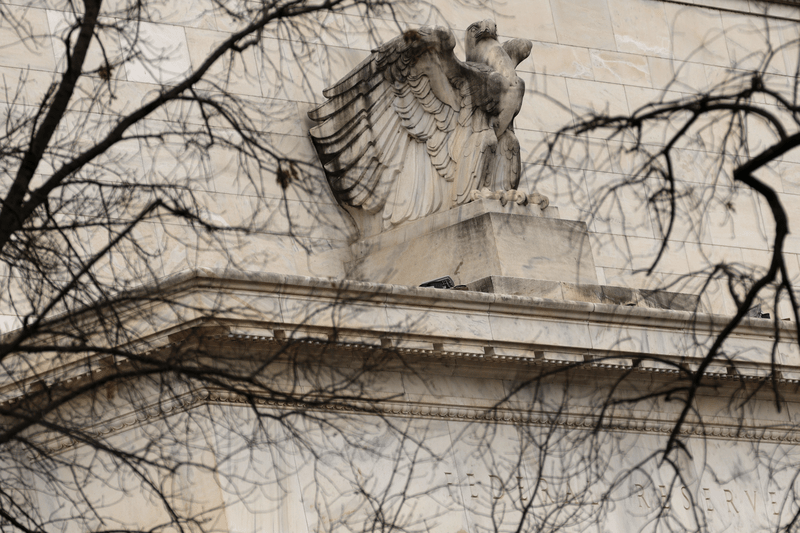SVB was subject to a number of regulatory appraisals over the years for, among other things, violations of the Bank Secrecy Act and AML deficiencies.
The series of implosions is attributed to the impact of last year’s downfall of FTX. Silvergate announced its liquidation on March 8. A warning was issued last week that it planned to wind down its operations and liquidate, blaming growing problems in part on pending investigations into its operations. The filing also confirmed previous reports that it was being investigated by the US Department of Justice.
White House press secretary Karine Jean-Pierre said the administration was watching Silvergate’s situation and likened it to other crypto companies that have had issues recently, according to Coindesk.
Contain fallout
This was followed by the closures of SVB on March 10 and Signature Bank on March 13. A symbolic £1 deal with HSBC to buy out the UK’s branch of SVB was negotiated over the weekend, as the US government sought to contain the fallout from the failure of SVB in the United States.
A piece on Coindesk drew attention to the contrast in how the different bank’s implosions were handled. Silvergate’s close association with crypto has meant it “escaped the black mark of federal assistance”. It launched the Silvergate Exchange Network (SEN) Leverage in 2020, allowing institutional investors to obtain US dollar loans collateralized by bitcoin and other cryptocurrencies.
The bank also partnered with various cryptocurrency exchanges and other companies in the industry, becoming known as one of the most prominent “crypto-friendly” banks. Meanwhile, it was “SVB, which has a weaker tie to digital assets, whose rapid collapse required Federal Deposit Insurance Corp. (FDIC) receivership.”
Big banks and crypto
But some crypto enthusiasts see the collapse of Silvergate as an opening for the big banks.
“Silvergate is a licensed bank and they are regulated. They’ve done everything according to the books. There’s no fraud going on here. It’s just a liquidity crunch,” says one industry insider.
“It’s going to slow institutions coming in, and to be honest, in my view, the fewer institutions the better. JP Morgan is looking to get into this of course, as well as Morgan Stanley, UBS, Barclays, etc. It’s all of these guys are coming together. You don’t think they talk about crypto? You don’t think they talk about the on and off-ramps? They want a part of this trillion-dollar industry and they want to be in the controlling seat of it. That’s their whole game. They don’t want some ‘Silvergate’ bank at the top of the tree.”


